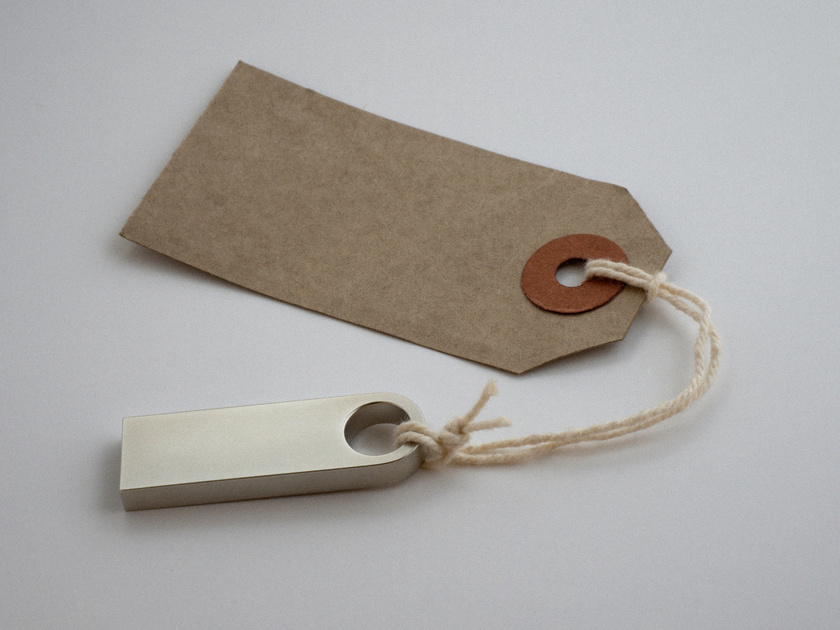
Dear Dr T,
My wife is a wonderful mother. She is a great communicator and really works on understanding our children.
So, why am I writing you? Well, I would like an opinion on a point of contention.
See, it’s like this. At night, when our kids are safely in bed, we take some time to discuss what’s going on with them, what works, what doesn’t, how we can help. And, to be honest, my wife has a way better handle on them than I do.
But, when we talk, she will describe a child as selfish, stubborn, brilliant, whatever. I tell her that I think it’s wrong to label kids – even though they are not around to hear it. She feels that what they don’t know won’t hurt them, and we need to call a spade a spade. I’m not comfortable with this labeling and don’t get why she does it.
Am I being overly sensitive or do you think I have a point?
Dr T.,
Let me begin by complimenting you and your wife for doing the really hard work of parenting – and for the respect and regard you obviously have for each other.
Your question is an intriguing one on many levels and I will do my best to do it justice.
‘Is the unspoken, behind-the-door stuff really hurtful’ is not a question: our children know what we think. They have observed us from the day they were born and they know what each look, intonation, or utterance means. And that’s when we are careful. But, as discreet as we may be, inevitably our thoughts, feelings, and attitudes do slip out – especially to the people who know us best, our children. Though we may be masters of deception at work or social situations, it is unrealistic to think that we can fool the children who are with us 24/7.
We all tend to use labels in our mind in order to simplify our world and get a fix on things. This neighborhood is safe, that store is pricey, this school is into secular studies, that one values school production. It’s a way of simplifying the world for ourselves. We don’t have to consider the store that’s pricey – that’s not for us. Nor would we ever send to a school that glorifies the extra-curricular, so that choice is off the table. There is so much going on nowadays, who has energy to do more than look at the label?
For the trivial stuff, labels may be great. That store has the worst produce. This one has the trendiest clothes. But, for the important things in our life, we need more than just a generic label. We need to develop the ability to look at the many sides of an issue: in short, a more nuanced approach. We need to see the full spectrum of colors, not just the black and white.
A label is harmful. When it is a negative label, it becomes a bad self-fulfilling prophesy. If your child is told he is stubborn, he begins to see himself that way. We accept our assigned identity and then dig in our heels. The reaction to our doing so only confirms what everyone knows: we are so stubborn. And, so the vicious cycle begins. Our child’s self worth can be destroyed before he even passes go.
But, what about a positive label- the ‘my child is brilliant, beautiful, talented’? Unfortunately, such a label is damaging as well. It can lead to an over-inflated ego and an insufferable child. It may also lead to massive disappointment when the world does not recognize the child’s greatness. In addition, striving to maintain a label assigned in childhood is a very heavy load.
Labels are limits. As parents, we want to resist the urge to categorize and be open to possibilities. We want to develop every part of our child and see what takes root. We want to let them find their way without their having to live up – or down -to our expectations.
And, more importantly, we want to see our children as works in progress. They are not selfish, though it may appear so. Children [and adult!] do what they do in order to get their needs met. They may not know another way – yet. It is for us parents to figure it out what’s going on – to get to the source of the problem and help our child deal with it- rather than just fit the behavior into some convenient category.
Five-year-old Mindy’s morah has been calling her mom with some concerns. Mindy is being really difficult in pre-school. For example, when there are crayons for the table, she grabs all the red’s first. She won’t share the Magformers: she has to have the whole bin for herself. Morah is wondering if Mindy is becoming a bit ‘selfish.’
As tempting as it is to just agree with morah that Mindy is on the selfish side, Mom decides to give the situation some thought. She wonders: could it be that Mindy feels ignored with all the fuss over the new baby? Or, maybe it was a mistake to move her to a room with an over-domineering seven-year-old sister?
Rather than accepting a negative label, mom makes an honest effort to understand Mindy and her challenges. Mom understands that positive reinforcement will not help Mindy be more giving. Mom needs to help Mindy deal with the baby, older sister, or whatever else may be going on. Only then will Mindy feel safe enough to give up the need to have and to hold.
Seeing potential and possibilities gives our children permission to develop and grow in their own unique and individual way. Avoiding labels and looking at the whole picture is a good way to start.
 Previous
Previous

